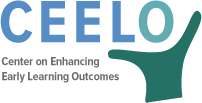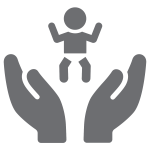Early education leaders come to their positions from different paths which may include teaching, research, program administration, or other positions. Background knowledge necessary for effective leadership is acquired through a combination of intentional formal study and experience framed through a reflective practice model. Experiences in less than ideal settings are particularly instructive when part of a coach/mentor relationship or when an individual takes time to reflect or journal away from the immediate situation, but lacking these supports may promote false understanding and promotion of inappropriate practices or policies.
Effective leadership requires familiarity, if not expertise, in many topics spanning the birth through age eight continuum. Fundamental knowledge can be categorized into four key areas:




